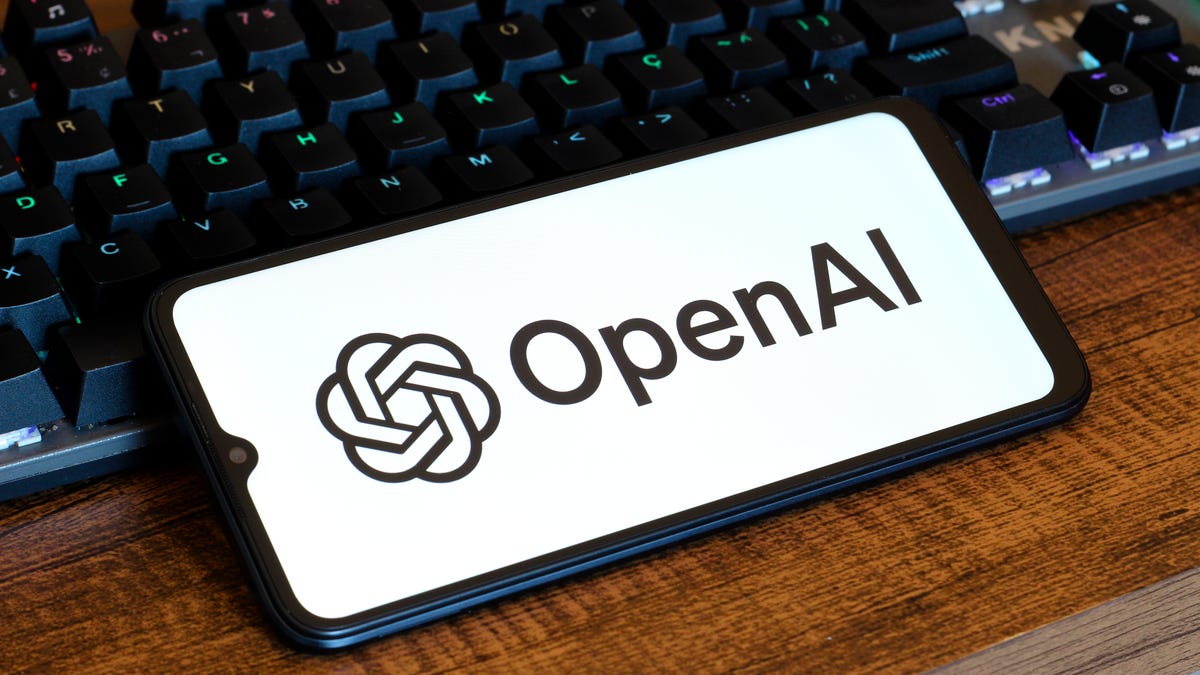
OpenAI urges Delhi court to dismiss book publishers' copyright plea
OpenAI's Legal Battle Highlights Growing Need for Blockchain-Based IP Protection
In an era where artificial intelligence increasingly intersects with intellectual property rights, a recent legal battle in India's Delhi High Court has brought critical questions about content ownership and fair use to the forefront. OpenAI's motion to dismiss copyright claims from major publishers offers valuable insights into the evolving landscape of digital rights protection and the growing need for ironclad proof of ownership.
The case centers on allegations from the Federation of Indian Publishers, including industry giants Penguin Random House and Bloomsbury, who claim ChatGPT improperly uses their copyrighted content. OpenAI's defense, filed on January 26th, maintains that ChatGPT relies solely on publicly available information and operates within fair use principles. This stance highlights the increasingly blurry lines between traditional copyright protection and emerging technologies.
What makes this case particularly fascinating is its broader implications for content creators worldwide. As AI systems become more sophisticated, the ability to definitively prove original ownership and timestamp creative works becomes paramount. Traditional copyright registration, while important, may no longer be sufficient in an age where content can be instantaneously reproduced and transformed by AI systems.
The involvement of Asian News International (ANI) in a parallel lawsuit against OpenAI further emphasizes how this issue spans across different types of creative works. Their claim that ChatGPT reproduces news content verbatim raises serious questions about how we define and protect original content in the digital age. The court's call for media restraint in reporting case details adds another layer of complexity to this already multifaceted issue.
The publishing industry's concerns reflect a broader anxiety about how technological advancement might undermine established business models. However, this challenge also presents an opportunity to embrace innovative solutions for protecting intellectual property. Blockchain technology, in particular, offers a promising path forward by providing immutable proof of existence for creative works.
As these legal proceedings unfold, content creators need not wait for court decisions to secure their intellectual property. Modern blockchain-based certification systems can provide tamper-proof verification of original works, establishing an unassailable timeline of creation and ownership. This approach offers creators immediate protection while legal frameworks catch up to technological realities.
The lesson for creators and businesses is clear: proactive IP protection is more crucial than ever in our rapidly evolving digital landscape. By implementing robust verification systems that leverage blockchain technology, content creators can establish clear ownership records that stand up to legal scrutiny and protect their creative investments for the future.
Looking to secure your intellectual property with blockchain certification? Learn more about how you can protect your creative works with tamper-proof verification at https://certvera.com/learn-more.